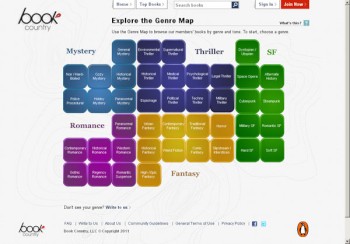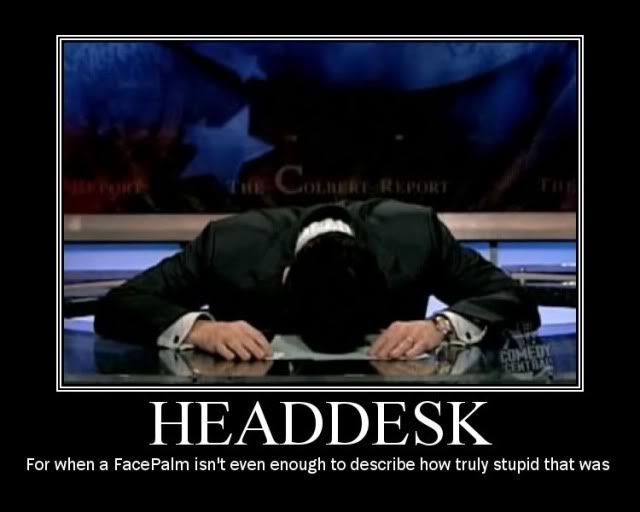
More Briefs by Alberto Alonso G
I've never been known for brevity. If you read this blog regularly, you know that I almost always break that "keep you blog posts under 500 words" rule. Pfft! Five-hundred words? I laugh in the face of that rule.
However, where the lack of brevity can really kill you is in that query letter. I recently posted about the Reasons Agents Gonged Queries at the writer's conference I attended, and by far, the biggest reason people got gonged is because they went on TOO LONG and tried to include TOO MUCH. The query is not a synopsis. It is a hook and a catchy paragraph to make the agent or publisher want to flip to the manuscript.
In essence, it is a back cover copy or a blurb for your manuscript. Pick up any book you have, that stuff on the back has one purpose--to make you want to buy and read the book. It is a marketing tool. And that's what you need to keep in mind when you query. You are SELLING your book, not explaining every person, plot line, subplot, theme, etc. Pick the things that are most important and hooky in your story and focus on that.
I thought I was pretty decent at this whole query writing thing. Every novel I've queried (even the REALLY bad one) got a good number of full requests. However, when I got my draft of my back cover copy this week, it was glaringly obvious that I could've made my query a lot shorter with a lot more punch. So I'm going to use mine as the example.
The summary section of my original query:
Since her mother’s murder, social worker Brynn LeBreck has dedicated her career to helping women in crisis. But when Brynn’s sister goes missing and is rumored to be at The Ranch, a secretive BDSM retreat for Dallas’ elite, Brynn must tackle her own traumatic past and go undercover as a sexual submissive to find her. Unfortunately, she can’t get an invitation to the exclusive resort without the help of the one guy she never wanted to share air with again—Reid Jamison, the lawyer who recently defended her mother’s killer and the man who, ten years earlier, opened her heart and shredded her defenses, only to crush her trust when she was most vulnerable.
After a failed marriage and a crippling defeat in the LeBreck case, Reid needs a fresh start. The first steps—move out of his family’s high-profile practice and construct his client’s appeal. But when he discovers he’ll be sharing an office with the woman he’s never been able to shake from his bones, the one who taught him how to embrace his dominant nature in the first place, the fresh start gains new meaning. Being near Brynn stirs up the primal desires he hasn’t indulged in years, and he’s not going to let her “I-loathe-you” attitude stand in the way when he finds out she’s in search of a master. Only one man will get the privilege of calling her his, and that man is going to be him.
The two can't find a future without facing the demons of the past, however, and some of those demons want to make sure Brynn and Reid are never together—even if it means one of them may not make it through their erotic weekend alive.
See how long that is? It worked for me, but look at the difference between that and what we've come up with for the back cover copy...
CRASH INTO YOU back cover copy:
Sometimes the past can bring you to your knees...
Brynn LeBreck has dedicated herself to helping women in crisis, but she never imagined how personal her work would get, or where it would take her. Her younger sister is missing, suspected to be hiding from cops and criminals alike at a highly secretive BDSM retreat—a place where the elite escape to play out their most extreme sexual fantasies. There’s only one way to find her: go undercover as a sexual submissive. Unfortunately, The Ranch is invitation only. And the only Master who can get her in is from the darkest corner of Brynn’s past.
Only Brynn knows what attorney Reid Jamison is like once stripped of his conservative suit and tie. Years ago she left herself vulnerable only to have him crush her heart. Now she needs him again. Back on top. And he’s all too willing to engage. But as their primal desires and old wounds are exposed, the sexual games escalate—and so does the danger. Their hearts aren’t the only things at risk. Someone else is watching, playing by his own rules. And his game could be murder.
Here's what I see as the differences:
1. Significantly shorter
2. Focuses on the two major plot threads
There is a romance between old lovers and there's a murderer out there. (romance and suspense, done.)
3. Backstory, just like in the book, doesn't have to be fleshed out in the query.
No mention of my MC's traumatic past, which is vital to the story, but not necessarily to the summary. No mention of my hero's backstory--his failed marriage, his job troubles, etc. We don't need to know that to want to read the book.
4. The hook is clear
Woman is in danger and has to find her sister, but the only way to do it is to give up control to the only guy who ever broke her heart.
5. Makes you want to read more (hopefully!)
Neither my query or the cover copy tells you what happens, or who the villain is, or why someone wants someone dead. That's synopsis stuff. The query should leave you with the urge to find out what happens next. It's the appetizer.
QUERY HOMEWORK: So when you start to craft your query, go to the store or your bookshelves and pick out ten or so books in your genre and read the back cover copy. It should be books you've already read so that you can see what was included and WHAT WAS LEFT OUT. Train yourself to recognize what are the most important points in your story and what is vital to include in your query. And focus on hooking, not just explaining.
So what do you think? Do you struggle with brevity like I do? Does my back cover copy do a better job at hooking you than the query? Why or why not? Pick up a few of you favorite books, what are surprised was left out in the back cover copy?
AND A QUICK PSA for an AMAZING opportunity...
Author Ashely March is offering a FULL critique to an aspiring romance author! But you must enter by noon MST today. Go! Hurry! Full crit by a pubbed author people!

























